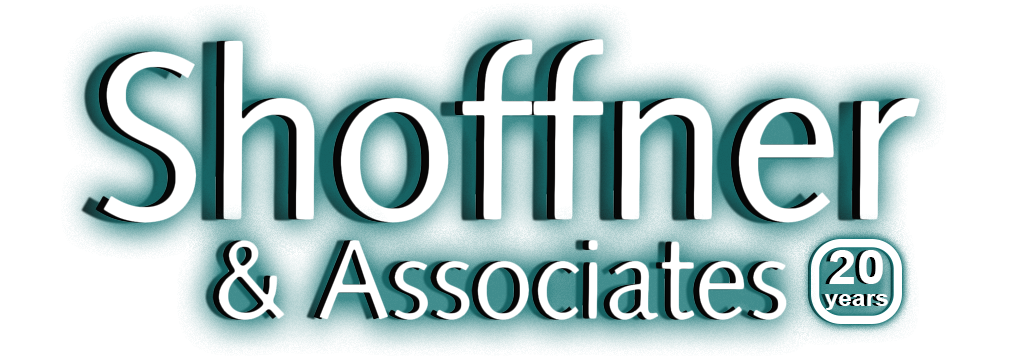Times have changed and so must your estate plan. We used to get all our information in the mail. Now that we get so much of our account and policy information and updates online through email our tactics must change as well. No longer can our heirs or executors simply wait and receive what they need to determine the deceased’s assets’ whereabouts through the mail they must seek it out online. To do this, they need passwords.
____________________________________________________________________
Freya Allen Shoffner, Esquire featured Professional Speaker, Presenter, Professor.
Need a Speaker for a Business Event? Call your friendly neighborhood attorney today.
With the right help, you are more likely to succeed. The attorneys at Shoffner & Associates will be happy to help you.
Give us a call at (617) 369-0111 or email fashoffner@shoffnerassociates.com
____________________________________________________________________
Someone must be able to access your data should you become incapacitated or pass away. This means making your passwords available while keeping them secure. The simplest but least secure method is to provide your passwords to a trusted family member or friend. They will need passwords to access your computer, smartphone, and email – electronic financial statements are now typically sent to one’s email. This is a partial answer with some security risk. It does not provide passwords for each financial platform. Computer operating systems can save passwords for frequently visited sites, so access to your computer may be able to provide access your accounts.
Another option is to keep your passwords in a safe deposit box. This does require a lot of diligence. For this method to be effective one must regularly keep the list updated which many people will not do. This is however a more secure option than leaving a list elsewhere or telling others of your passwords.
Digital wallets are a very secure and safe way to store your passwords. Digital wallets keep your passwords in a cloud in an encrypted file across all your devices. In this way your heirs or executor will only need one password, the password to your digital wallet. It should be a password that can be easily remembered and not written down. Writing down and saving passwords should be avoided if possible.
Make sure your estate plan can be executed as simply as possible. Enable this by allowing access to your various accounts and policies through your passwords when the time comes. Select a strategy that works for you and your heirs.
Times have changed and so must your estate plan. We used to get all our information in the mail. Now that we get so much of our account and policy information and updates online through email our tactics must change as well. No longer can our heirs or executors simply wait and receive what they need to determine the deceased’s assets’ whereabouts through the mail they must seek it out online. To do this, they need passwords.
____________________________________________________________________
Freya Allen Shoffner, Esquire featured Professional Speaker, Presenter, Professor.
Need a Speaker for a Business Event? Call your friendly neighborhood attorney today.
With the right help, you are more likely to succeed. The attorneys at Shoffner & Associates will be happy to help you.
Give us a call at (617) 369-0111 or email fashoffner@shoffnerassociates.com
____________________________________________________________________
Someone must be able to access your data should you become incapacitated or pass away. This means making your passwords available while keeping them secure. The simplest but least secure method is to provide your passwords to a trusted family member or friend. They will need passwords to access your computer, smartphone, and email – electronic financial statements are now typically sent to one’s email. This is a partial answer with some security risk. It does not provide passwords for each financial platform. Computer operating systems can save passwords for frequently visited sites, so access to your computer may be able to provide access your accounts.
Another option is to keep your passwords in a safe deposit box. This does require a lot of diligence. For this method to be effective one must regularly keep the list updated which many people will not do. This is however a more secure option than leaving a list elsewhere or telling others of your passwords.
Digital wallets are a very secure and safe way to store your passwords. Digital wallets keep your passwords in a cloud in an encrypted file across all your devices. In this way your heirs or executor will only need one password, the password to your digital wallet. It should be a password that can be easily remembered and not written down. Writing down and saving passwords should be avoided if possible.
Make sure your estate plan can be executed as simply as possible. Enable this by allowing access to your various accounts and policies through your passwords when the time comes. Select a strategy that works for you and your heirs.




